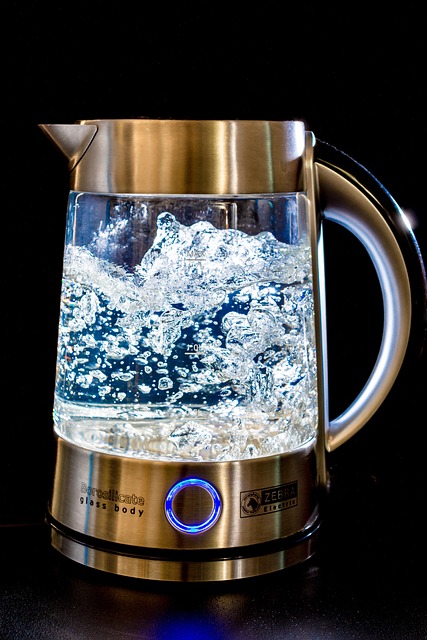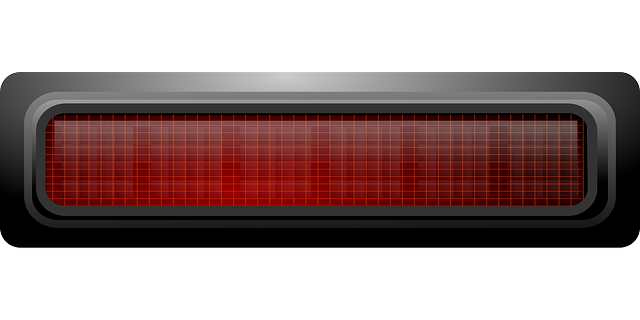Before replacing your water heater, assess your household's hot water needs by considering size, usage patterns, peak demand, and energy efficiency. Look for signs like temperature fluctuations, high bills, or difficulty maintaining hot water during busy times. Evaluate the age and condition of your existing heater. Energy-efficient models save money and promote sustainability. By understanding these factors, you can make an informed decision based on our Signs You Need a New Water Heater guide and choose a model that meets specific household needs while reducing utility costs.
Considering a new water heater? It’s time to upgrade if you notice signs you need a new water heater—from inconsistent hot water flow to rumbling noises or an old, inefficient model. This guide walks you through everything from assessing your water heating needs and recognizing the signs of an old heater to choosing the right type for your home. Discover energy-efficient options, understand installation considerations, and make an informed decision that saves money and benefits the environment.
- Assessing Your Water Heating Needs
- – Understanding your hot water usage patterns
- – Factors influencing water heater capacity
Assessing Your Water Heating Needs

Before replacing your water heater, it’s crucial to assess your water heating needs. This involves understanding factors like your household size, water usage patterns, and the number of people taking showers or using hot water simultaneously. If you’re noticing signs you need a new water heater, such as frequent temperature fluctuations, increased energy bills, or trouble maintaining hot water during peak hours, it’s time to evaluate your current setup.
Consider the age of your existing water heater; older models may be less efficient and more prone to failure. Additionally, look for leaks, rust, or corrosion around the tank and connections, as these can indicate a need for replacement. Keep in mind that energy-efficient models can save you money in the long run and contribute to environmental sustainability.
– Understanding your hot water usage patterns

Understanding your hot water usage patterns is a crucial step in determining whether it’s time to replace your water heater. Start by evaluating when and how frequently you use hot water throughout your day. Do you have a large family or roommates, leading to constant demand? High-efficiency appliances can significantly impact energy usage. Notice if your current system struggles to keep up during peak hours, indicating the need for a more powerful heating capacity.
Keep an eye out for signs that your water heater is struggling. If you’re experiencing frequent temperature fluctuations, with hot water turning cold mid-shower, it might be time to upgrade. Leaks and unusual noises are also red flags, suggesting internal damage or inefficiency. By analyzing these patterns, you can make an informed decision when considering the Signs You Need a New Water Heater and choose a model best suited to your household’s unique requirements.
– Factors influencing water heater capacity

When considering whether it’s time to replace your water heater, understanding capacity is key. Several factors influence the right size for your needs. Firstly, the number of people in your household plays a significant role; more occupants mean higher hot water demand. Secondly, the type of water heater—tank or tankless—matters. Tank heaters store hot water, suitable for larger families, while tankless models heat water on demand, ideal for smaller households or those with low hot water usage.
Additionally, consider your daily routines and energy efficiency preferences. If you frequently take long showers or have multiple people using hot water simultaneously, a larger capacity may be necessary. Newer, energy-efficient models can help reduce utility bills, so compare options based on these factors to find the perfect fit, especially if you’re experiencing signs you need a new water heater, such as frequent temperature fluctuations or inadequate hot water supply.
When considering a new water heater, understanding your specific needs and hot water usage patterns is crucial. By assessing factors that influence capacity and recognizing signs you need a new unit, like increased energy costs or inconsistent hot water supply, you can make an informed decision. Researching different types of heaters, comparing energy efficiency ratings, and consulting professionals ensures you select the best fit for your home. Investing in a new water heater is a significant step towards maintaining comfort and convenience while potentially saving on utility bills.
